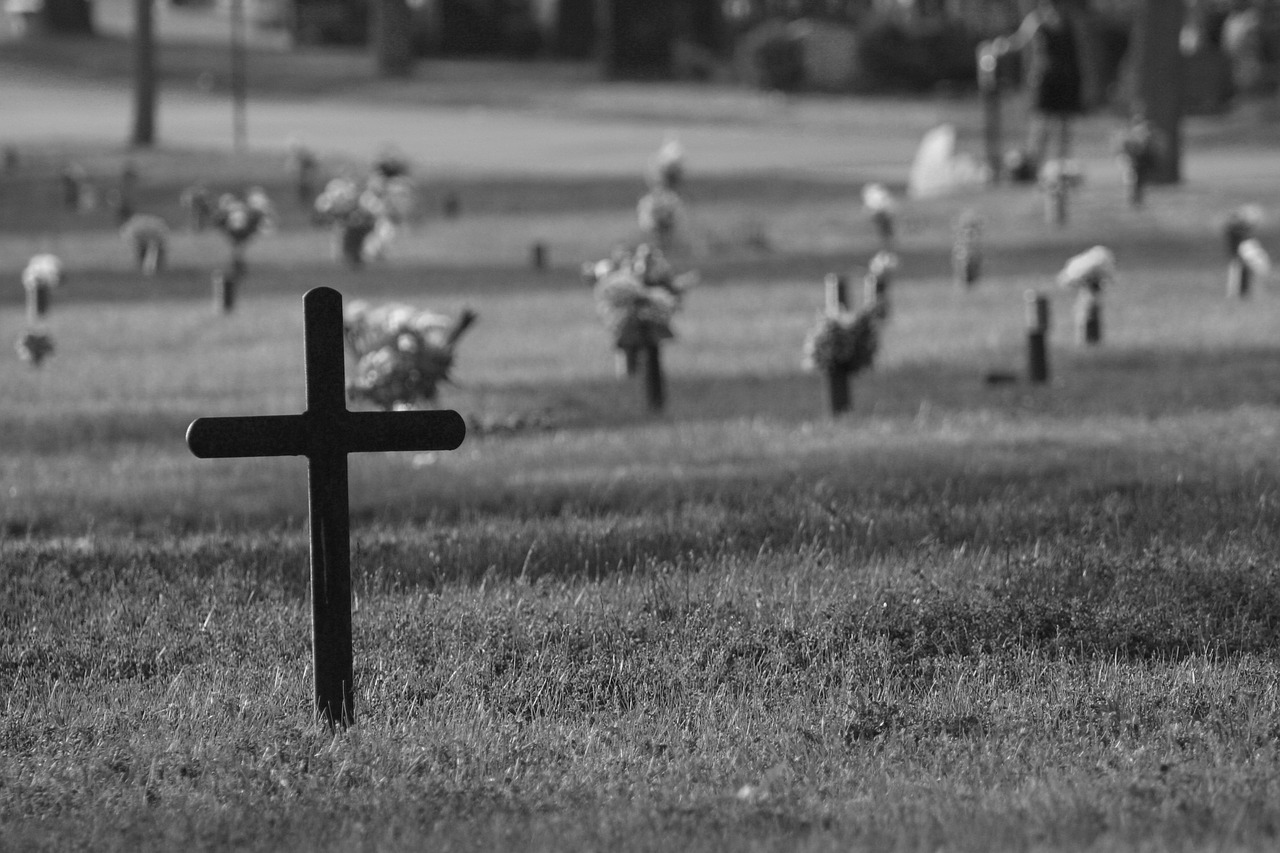
A little bit of self-disclosure here: I have experienced a lot of grief in the past few years of my life. Prior to these losses, I felt like grief and loss was a topic that I fully understood, and could help others process in their own lives. With the losses in my own life, my empathy and understanding have reached a whole other level I didn’t know possible. I truly believe that God can use hard and awful things to give us the ability to help others.
Two years ago I wrote a blog on grief that you can read here. While many of the things I talked about are still true, I wanted to expand on a few things I’ve learned about grief and loss.
Stages of Grief
Elisabeth Kubler-Ross is perhaps the most widely recognized expert on grief. In fact, she came up with the famous 5 Stages of Grief: Denial, Bargaining, Depression, Anger, and Acceptance. The interesting thing is that there are a lot of misconceptions about what the stages may look like. It’s very common for people to know about the stages but not fully understand them.
The Stages Defined
Denial is just that—“This isn’t real, this isn’t happening, this person isn’t really gone”. Denial often accompanies shock and numbness. It’s your brain trying to make sense of something that doesn’t make sense. Some people move very quickly through Denial, while others stay here forever and never move on.
Bargaining is playing the “What if’s” over and over. Sometimes it’s making promises to God if only He would spare your loved one/wake you up from this awful nightmare. It’s often a stage where we process our regrets as well.
Depression is extreme sadness and hopelessness. It’s being emotional, crying, and down. Sometimes it can trigger actual clinical Depression symptoms, such as loss of appetite, changes in sleep, mood changes, and difficulty functioning. This stage is often long and hard.
Anger is being angry at the situation, at God, at the Doctors or first responders. You may even be angry at the person who died. Someone has to be to blame for the tragedy and loss. Anger is often expressed and felt about the unfairness of the loss, and the unfairness of life.
Acceptance is usually the final stage. Acceptance does not mean you are okay with the loss. No one is ever okay with losing someone they care about. Acceptance means you have found some peace, and that you are attempting to move forward with your new normal. You may think you have reached Acceptance, and then a wave of grief may hit again, sending you back to one of the other stages.
The Reality of Grief
It’s important to point out that the stages are not experienced in a straight line. You don’t necessarily start with Denial, get through it, and then move to Anger. Actually, you can start anywhere. You can go through the stages in any order, and experience each stage multiple times. It’s also not unusual to experience multiple stages in the span of a day. Maybe you have a whole week where you feel sad/down (Depression), and the following week you feel Angry. This is very normal. I like to call it “circling back around”. You go through a stage, think you’re done, and then suddenly it pops up again.
Let yourself feel your feelings. There is no right or wrong way to grieve. Whatever you are feeling that day, let yourself be okay with that. Don’t try to talk yourself out of your feelings or ignore/stuff them. Journal how you feel, or share it with someone you trust. As painful as it is, let yourself sit in your grief.
Grief Changes
Grief is ever-evolving and ever-changing. Just when we think we have it figured out, something else hits out of nowhere. Grief can be triggered by a song, a certain restaurant, or even a memory that pops in our heads. It’s okay to not be okay. It’s okay to have a rough day and miss the person terribly, to be angry, and to be upset. Just don’t walk through your feelings alone.
Sometimes after a loss, it’s hard to allow yourself to feel happiness. It’s almost like you are betraying the person you lost if you smile or laugh. It’s important for you to know that you are not. You have to move forward, even when you don’t want to. Your life is continuing. There are still good things about life. There may be times where you have to look hard to find the positives, but they are there.
Moving forward means that at some point, you may think of the person a little less. This doesn’t mean you are forgetting about them. It just means that you are accepting that they are not in your future and that you still have a life to live.
Eventually, you may need to go through your loved one’s possessions. There is no rush for this, and it is important that you do this when you are ready (but you do have to do it). Ask some friends or family to help, if the task feels overwhelming.
Remember Your Loved One
Do things to honor and remember your loved one. Don’t stop talking about them. Get together with friends and family to reminisce and tell stories. Donate money to a charity in their memory. Donate some of their belongings to help a cause or those in need. Do something to permanently remember and honor them. Find something good and honorable to do despite your own grief.
Take Care of You
It’s easy when we are grieving to stop taking care of ourselves. Keep eating well, exercising, and being social even when it’s hard. Connect with your faith community and church, and use them as supports. Join a grief group like GriefShare or something similar in your community to help decrease feelings of being isolated. If you are younger (20’s or 30’s), check out The Dinner Party—potluck dinners for those that are grieving that meet in most major cities.
If you are struggling to process grief, it’s important to reach out for help. Grief can be overwhelming, and unbearable at times. Please take care of you!
Written by Christy Fogg, MSW, LCSW
*Christy Fogg, MSW, LCSW is a licensed therapist at Journey to Joy Counseling in Carmel, Indiana. Christy enjoys doing marriage/couples counseling, individual counseling, premarital counseling. She also provides family counseling, teen and adolescent counseling.



